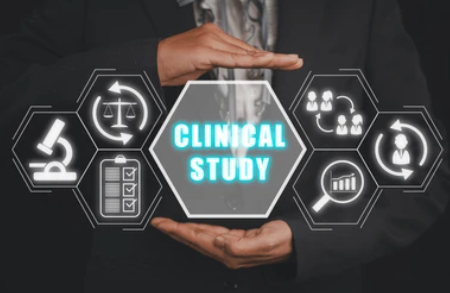
image credit- shutterstock
Medtronic, a global leader in healthcare technology, announced the presentation of clinical study results demonstrating a high rate of durable lesion formation for the PulseSelect Pulsed Field Ablation (PFA) System in treating atrial fibrillation (Afib). Invasive remapping conducted approximately two months post-ablation with the PulseSelect PFA System demonstrated durable isolation in 98 percent of pulmonary veins (PV) and 96 percent of patients had all veins isolated.
Results were presented as a late-breaking clinical trial at the Asia Pacific Heart Rhythm Society (APHRS) meeting in Sydney, Australia. Broad adoption of PulseSelect continues globally, with more than 10,000 cases performed worldwide. In the Asia Pacific (APAC) region, milestones include regulatory approvals in China and Australia and launch in Japan following reimbursement approval.
Prof. Hiroshi Tada, Professor of the Department of Cardiovascular Medicine, Faculty of Medical Sciences, University of Fukui, Japan, and President of the Japanese Heart Rhythm Society, said "PulseSelect is the first PFA catheter to receive reimbursement approval in Japan based on clinical trial results that include Japanese patients. We believe that the future widespread availability of this breakthrough technology under insurance coverage will be of great significance in the history of arrhythmia treatment in Japan."
About the Study
A total of 25 AFib patients with persistent or paroxysmal AFib (56 percent paroxysmal, 52 percent male, 69±9 years) undergoing pulmonary vein isolation (PVI) with the PulseSelect PFA System were evaluated. Invasive remapping conducted in all patients (57±9 days post-ablation) demonstrated durable isolation in 98 percent of PVs (102/104), and 96 percent of patients (24/25) had all veins isolated. All index ablation procedures were conducted using intracardiac echocardiography and electroanatomical mapping (EAM) without fluoroscopy. General anesthesia was used in 24 of 25 patients, and all patients were discharged on the same day. Average skin-to-skin procedure time was 36 minutes. Acute PV isolation was achieved in 100 percent of patients. There were no complications during an average follow-up of 74 days.